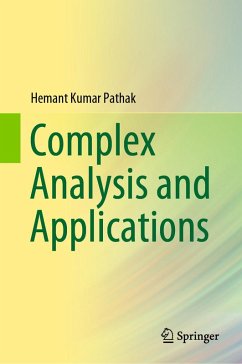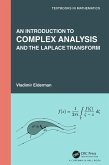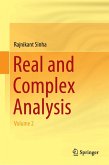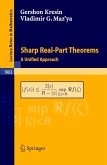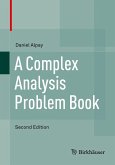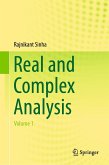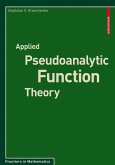This book offers an essential textbook on complex analysis. After introducing the theory of complex analysis, it places special emphasis on the importance of Poincare theorem and Hartog's theorem in the function theory of several complex variables. Further, it lays the groundwork for future study in analysis, linear algebra, numerical analysis, geometry, number theory, physics (including hydrodynamics and thermodynamics), and electrical engineering.
To benefit most from the book, students should have some prior knowledge of complex numbers. However, the essential prerequisites are quite minimal, and include basic calculus with some knowledge of partial derivatives, definite integrals, and topics in advanced calculus such as Leibniz's rule for differentiating under the integral sign and to some extent analysis of infinite series. The book offers a valuable asset for undergraduate and graduate students of mathematics and engineering, as well as students with no background in topological properties.
Dieser Download kann aus rechtlichen Gründen nur mit Rechnungsadresse in A, B, BG, CY, CZ, D, DK, EW, E, FIN, F, GR, HR, H, IRL, I, LT, L, LR, M, NL, PL, P, R, S, SLO, SK ausgeliefert werden.

